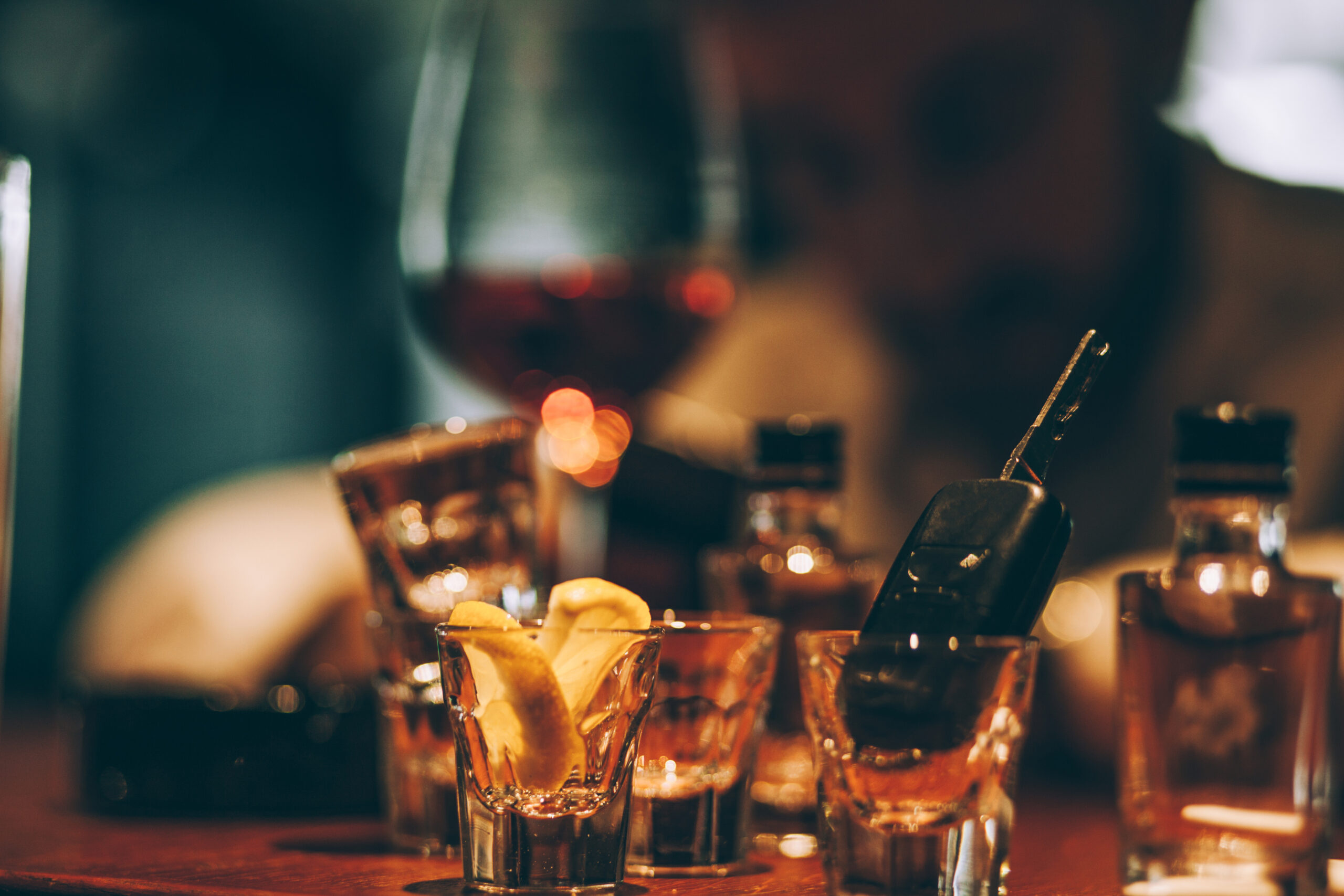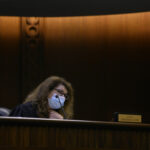Selling alcohol to drunk driver not enough to hold liquor store liable for deaths, court says

Businesses are not liable for injuries caused by a drunk driver if they sold alcohol to the already-intoxicated motorist, but the person did not consume it before causing an accident, Colorado’s second-highest court ruled last month.
A three-judge panel for the Court of Appeals answered a question never addressed before: Whether the state’s Dram Shop Act requires a causal link between the alcohol sold to a driver and the injuries that driver later inflicts on others.
“Under the plain language of the statute,” wrote Judge JoAnn L. Vogt, “a vendor’s civil liability requires a showing that the intoxication of the person causing injury was ‘due to the sale … of any alcohol beverage to the person.'”
Consequently, Breckenridge Market & Liquor is not liable for the deaths of two people in 2019, killed by Lindsey Ward shortly after she left the store with her alcohol purchase.
Ward had been hitting golf bolls on Aug. 30, 2019 and consumed several alcoholic drinks at the golf course. She then drove to the market and bought a 12-pack of beer and a bottle of tequila. Market employees asked the clearly-drunk Ward if she was all right to drive and even offered to give Ward a ride home. She declined, purchased the alcohol and drove off.
Minutes later, she crashed into another car, killing Benjamin Mitton and Nicole Gough. A police report indicated Ward’s blood alcohol content was twice the legal limit. Ward received a sentence of 16 years for the deaths of Mitton and Gough, and two store employees also were convicted of misdemeanors for serving alcohol to a visibly intoxicated person. Before crashing, Ward never consumed what she bought from the market.
Family members of Mitton and Gough sued Ward, the golf course and the market, ultimately reaching settlements with everyone but the liquor store. The plaintiffs alleged the market violated the Dram Shop Act, which allows for civil lawsuits against alcohol vendors when they serve a visibly-intoxicated customer and the drunkenness is the cause of some injury.
The parties disputed, however, whether the mere fact of selling the alcohol can render a business liable, or if the alcohol sold has to also be a factor in the drunk driver’s accident.
Summit County District Court Judge Karen Ann Romero believed there needed to be a link between the alcohol sold and the victims’ deaths. In the market’s case, it was clear the untouched liquor played no role in the accident.
“When faced with an ambiguous statute imposing liability on a dram shop for the acts of an intoxicated patron, this Court will not adopt an interpretation that imposes liability for the sale of alcohol when the sale of said alcohol was not a cause-in-fact of the harm,” Romero wrote in May 2021.
The plaintiffs turned to the Court of Appeals, arguing that some states’ liability laws for liquor establishments do not require the alcohol sold to be a cause of an accident. Members of the appellate panel were skeptical of following suit during oral arguments in January.
“Aren’t there, in fact, two causation issues here? One, what caused the intoxication? And two, what caused the injury?” Vogt asked the plaintiffs’ lawyer.
“You concede there was no causal relationship between the driver’s intoxication and the sale of the alcohol?” added Judge Timothy J. Schutz.
The plaintiffs’ attorney agreed Ward’s drunkenness occurred prior to purchasing alcohol from the market. The appellate judges also worried about how to assign liability when, as in Ward’s case, she grew intoxicated at one establishment but purchased more alcohol from a second establishment.
“If alcohol is consumed from two different vendors, it is arguably absurd to put on the plaintiff the burden of proving which alcohol ’caused’ the intoxication,” said Judge Ted C. Tow III. “But isn’t it equally absurd that where there is no question whatsoever that this alcohol did not contribute in any way to intoxication, that (the market) be on the hook? She never drank their alcohol.”
The panel concluded the Dram Shop Act unambiguously excluded the market from liability for selling alcohol to a drunk driver which was never consumed before the crash.
“The contrary conclusion urged by plaintiffs, which would require only that the claimant was injured by an intoxicated person and the vendor had provided the intoxicated person with alcohol that was never consumed, would in our view effectively rewrite the language,” wrote Vogt in the Feb. 23 opinion.
The case is Mitton et al. v. Danimaxx of Colorado, Inc.















